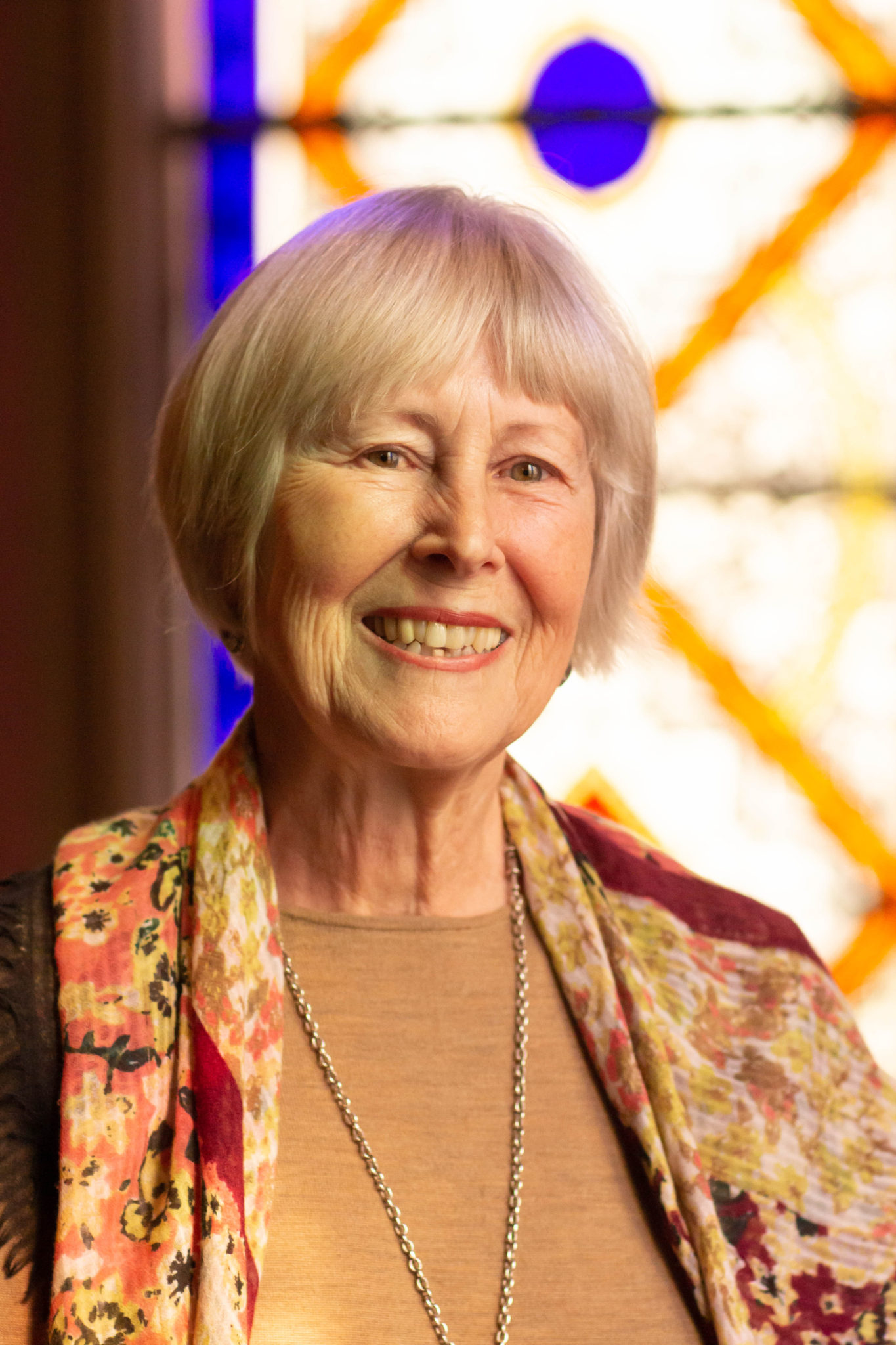“Changing the World – Changing Ourselves” by Lilian Revel | August 26, 2020
Posted on August 25, 2020 by admin No comments
 Imagine living in the time and place where Jesus lived two thousand years ago. At the time the place was dominated by the Romans, there was violence everywhere, the temple hierarchy was at odds with the Roman powers and among themselves, there was poverty, slavery, women had no voice and were considered worthless, people were afraid, and in general it seems that chaos dominated everything. There was a deep longing for change. Then Jesus appears, properly introduced by John the Baptist who had been exhorting people to ‘repent’, i.e. to turn around, to change the path they were following, and go into a different direction. Jesus was to be the long-expected Messiah who would turn the country around. But that is not what happened. Jesus came to turn people’s hearts around, not the country’s institutions and power houses.
Imagine living in the time and place where Jesus lived two thousand years ago. At the time the place was dominated by the Romans, there was violence everywhere, the temple hierarchy was at odds with the Roman powers and among themselves, there was poverty, slavery, women had no voice and were considered worthless, people were afraid, and in general it seems that chaos dominated everything. There was a deep longing for change. Then Jesus appears, properly introduced by John the Baptist who had been exhorting people to ‘repent’, i.e. to turn around, to change the path they were following, and go into a different direction. Jesus was to be the long-expected Messiah who would turn the country around. But that is not what happened. Jesus came to turn people’s hearts around, not the country’s institutions and power houses.
Fast track forward to our current time. Is our world so different from the one of Jesus’ time? We have superpowers that dominate everything else, we have impenetrable hierarchies, patriarchy is still around, some women have gained some ground, but the majority haven’t, homelessness is rampant, the poor have no way of climbing out of their poverty, slavery is officially over but in real life not so, racism is alive and strong, capitalism benefits the rich people. The inequalities are mind-boggling. What has changed? Nothing really. Yet, I sense a deep longing for change.
A few days ago I was at St. Paul’s for a while and I spent some time sitting at the labyrinth. And all of a sudden it hit me: could the coronavirus possibly be a prophetic voice telling us to go back into the desert, to think deeply about what we have done, to repent, to change our direction, to find a new path, to begin anew in small ways? I believe this is a call for us to go back to basics, a time to deepen our spirituality. The labyrinth may help us. Typically, when meditating with the labyrinth one travels from the outside to the very center where we find union with God and let go of everything else; we sit and listen to God’s silence and open ourselves to the Holy Spirit. I tried to imagine Jesus sitting there with me and recalling everything he had taught us. It all revolves about love for ourselves and for our neighbors, about our awareness of God in us, about opening ourselves to the actions of the Holy Spirit, about letting go of our egos, and about recognizing that we are part of a very large whole, which some call the Universal Christ. Once we are transformed and at peace with ourselves we can start traveling back out of the labyrinth and into the world, energized to do the work of God, to change the world. But the change has to happen first deep within us.
The simplest way to begin our transformation is to become aware of our place in the universe. Thomas Aquinas reminds us that “the most excellent thing in the universe is not the human, the most excellent thing in the universe is the universe itself” and that all creatures are here to serve the universe. Perhaps we could start again by developing a sense of wonder and awe for all that exists. That is the basis for gratitude and love. Everything else will follow.
At the resurrection scene where Mary Magdalene finally recognizes Jesus in the gardener, Jesus says to her: “Do not cling!” I am confident that it is meant for all of us. Let us not cling to the way things are or have been just because they are familiar to us. Let us not be afraid of change. Let us receive the new that is revealed and let go of the old.
